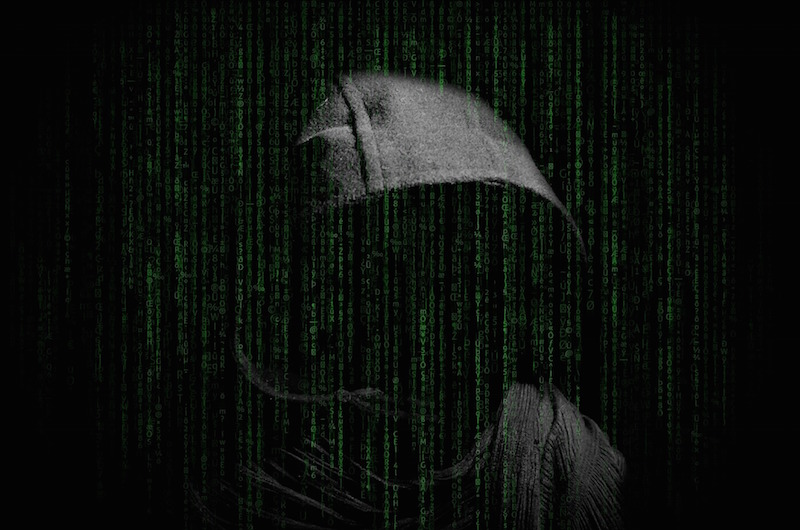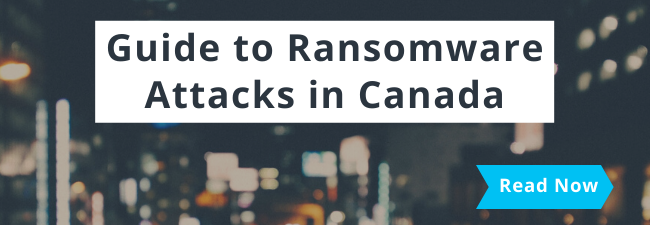
The Canadian Small Business Guide to Understanding Spyware
Spyware is generally unwanted and malicious software that infiltrates your computer or device for the purposes of stealing your Internet usage, data, sensitive information, and monitoring your online activity. Without your knowledge, spyware can gather your personal information—including your personal online activity (every keystroke)—and relay it to advertisers, data firms or external users. Spyware can also interfere with a user's control of a computer by installing additional software or redirecting web browsers. It can change computer settings, which can slow Internet connection speeds, make unauthorized changes in browser settings, or make changes to software settings. Some spyware (keyloggers) is set up intentionally by the owners of shared or public computers to monitor users, but for the purposes of this article only malicious spyware will be discussed.
By becoming informed on the the methods used by third-party intruders to spread spyware, such as the downloading of viruses or spear phishing, Canada’s small businesses can better manage the security of their networks.
Categories of Spyware
Spyware poses one of the most common online threats in Canada. Threatening both businesses and individuals, spyware will compromise your device and it can be very hard to identify. Anti-spyware software is an important element of computer security. There are 4 primary categories of spyware.
1. Adware
This type of spyware tracks your browser history and downloads, and tries to predict what products or services you might be interested in. Adware will display ads for the same or related products, enticing you to click or make a purchase. It is used for marketing purposes and it can slow down your computer.
2. Tracking Cookies
This type of spyware is also used for marketing purposes. Tracking cookies track the user’s web activities, such as searches, history and downloads.
3. Trojans
Like a trojan horse, this kind of spyware disguises itself as legitimate software. Trojans may appear to be an update of bona fide software you have already installed. Once Trojan malware is installed, it is controlled by a third party. It can be used to access private information such as SIN numbers and credit card information.
4. System Monitors
This type of spyware can capture almost everything you do on your computer. System monitors can record all of your keystrokes (usernames, passwords), every email you’ve sent or received, your chatroom dialogs, your messages, every website you’ve visited and every program you’ve run. System monitor spyware is most often disguised as freeware.
Spear Phishing: Canada Needs to Be Aware
Spyware is able to infect an entire range of computers and devices. Although Windows operating systems seem to be more susceptible to attack, spyware can also infiltrate Apple’s operating systems. Most often, computers become infected when users are tricked into opening something dubious; however, you can also get spyware from bad online practices. Some of the most common ways that your computer can become infected with spyware include:
-
Accepting an unsolicited prompt or pop-up
-
Downloading software from an unknown or unreliable source, which is often presented as a helpful tool
-
Opening email attachments from unknown senders (spear fishing)
-
Clicking a link in an email (spear phishing)
-
Accepting duplicate friend requests on social media
-
Downloading pirated content such as games, movies or music
-
Even visiting a malicious website and viewing a page and/or banner ad can result in “drive-by download”
How to Know if You Have Spyware
Spyware is deceptive and meant to be imperceptible. You won’t know if you have been infected immediately. There are certain tell-tale clues that will make you suspect that you been infected by spyware. You may have a spyware problem if your computer shows any of the following symptoms:
-
Your device is slow and/or crashes unexpectedly
-
Your device is running out of hard drive space
-
Your device has unusual CPU activity
-
You get more pop-ups than usual
-
You experience stability issues, such as applications freezing or a failure to boot
-
An unusual call from Apple support
-
Strange messages from your computer
-
Unusual charges on your credit card
How to Avoid Getting Spyware
As with most things, prevention is the best medicine. Here are some best practices to help you avoid becoming infected with spyware.
-
Never open emails from unknown senders
-
Never download files from untrustworthy sources
-
Never accept duplicate friend requests
-
Never click on pop-up advertisements
-
Keep in mind that free software is often too good to be true
-
Use reputable antivirus software
If you suspect that you have been infected with spyware, take steps to remove it. Also, be proactive by changing your passwords and notifying your bank and credit card companies to watch for fraudulent activity. Lastly, invest in a quality anti-spyware program.









